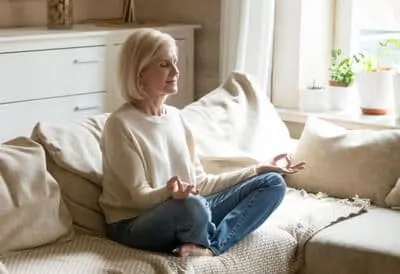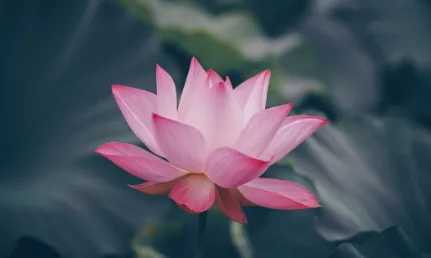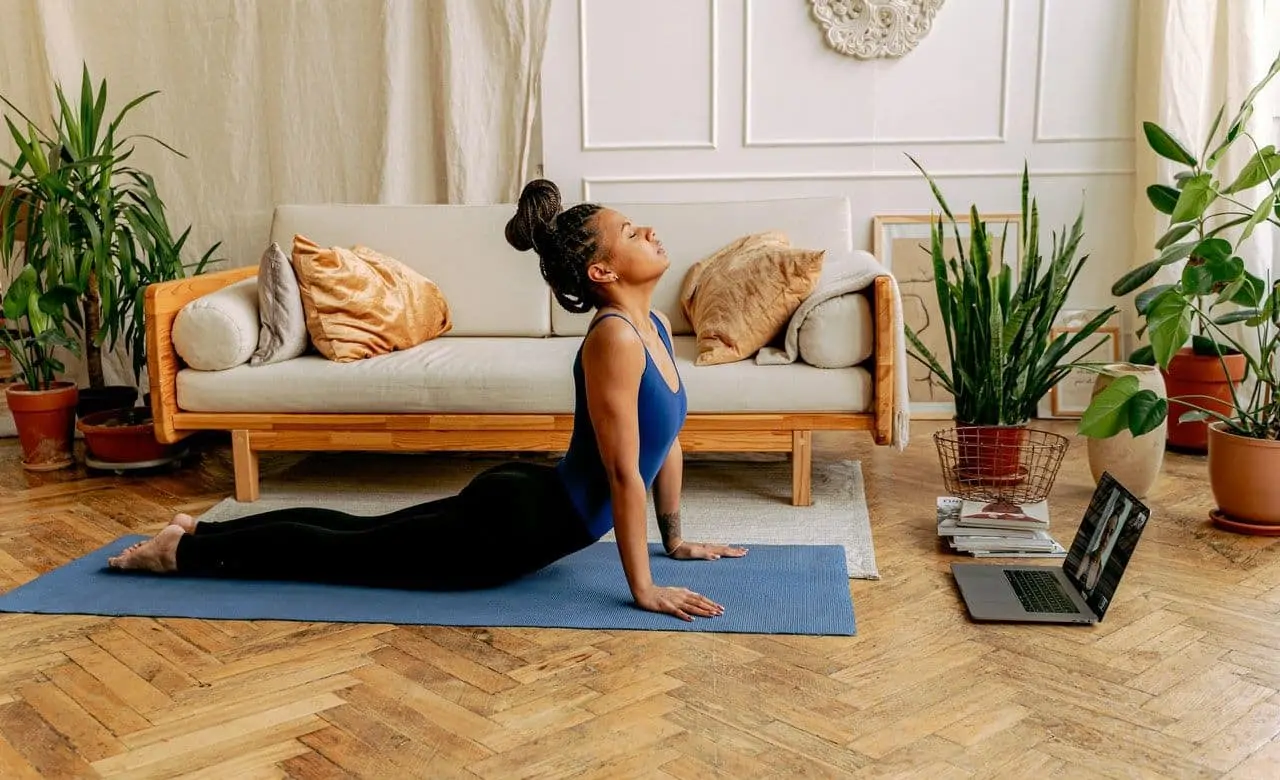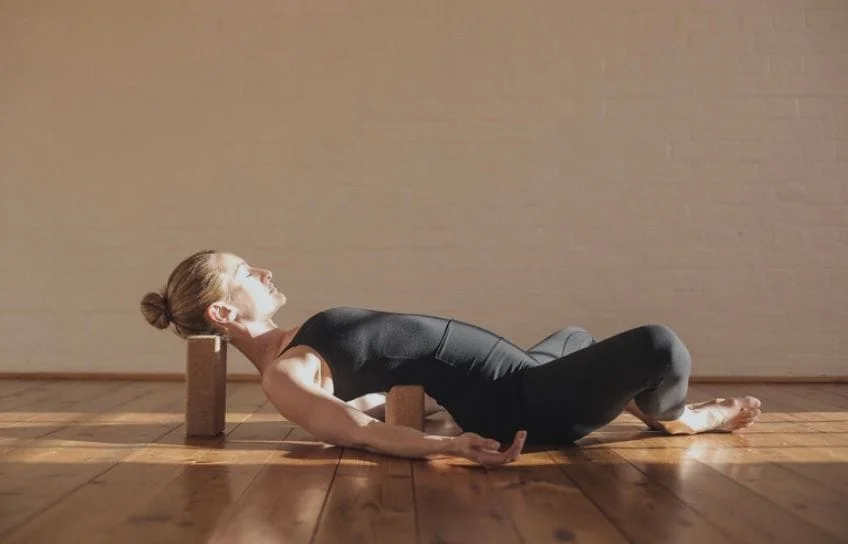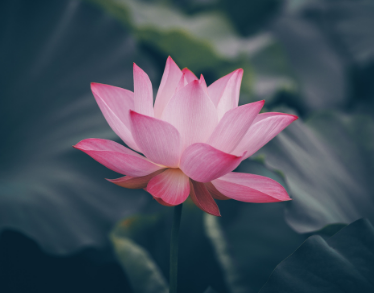Take the first step in coping with stress
Are you tense much of the time?
Do you have frequent headaches, neck or back aches?
Do you have trouble sleeping?
While stress is a given in life and may motivate us to do our best, learning to recognize when it is a problem is vital to feeling well. The effects of stress can creep up on you and are often the result of events or life changes. These changes, both positive and negative, make demands on you. A serious illness or separation in the family will of course increase your stress level. But happy events like marriage or a new child can also tax your physical and emotional resources.
When stress builds
You can feel the effects of stress from one single large event, or as a series of small ones accumulate. Even small stress in your life such as aches and pains, a daily commute or ever-present background noise, if sustained or combined with other stress, can take their toll. Research shows that as stress builds, you may become more susceptible to physical illness, mental and emotional problems, and accidental injuries.
Awareness is the first step in coping with stress. Taking the test below will give you a moment out of your busy life to tune in to your own stress signals. Although some of the listed symptoms could indicate a medical condition that warrants prompt attention, they are probably simply signs that too much stress may be affecting your sense of well-being.
The Stress Test
1. Do you have headaches or stomach aches?
2. Do you have pain in your shoulders or arms?
3. Have your eating habits changed? Are you eating more or less than usual?
4. Do you worry about bad things happening to your loved ones?
5. Is it hard to concentrate?
6. Do you wake up at night thinking about things you have no control over?
7. Do you lack energy to do the things you enjoy at the end of the day or on the weekend?
8. Do you often feel tired or apathetic?
9. Are you tense or irritable at work or at home?
10. Have you lost your sense of humor?
11. Are you increasingly forgetful?
12. Do you feel you have lost control over your life?
13. Do your relationships or friendships feel unsatisfying?
14. Has your drinking or smoking increased?
15. Do you find it hard to relax?
How did you do?
If you answered yes to more than half of the questions in the box, you may want to take steps now to reduce your stress.
Sometimes facing a problem on the job or in a relationship will help decrease tension and anxiety. Even if a problem isn’t easily solved, talking about it with a trusted friend or counselor can bring relief from the symptoms of stress.
Making more time to relax may leave you more resilient and less prone to disease and injury. Go for walks in beautiful places and take breaks at work to stretch. Learn relaxation techniques like meditation, yoga or tai chi. Get an extra bodywork session or ask your practitioner to use part of your session to focus on breathing more efficiently, a proven method of reducing tension in the body.
Body and mind
Remember the last time you were injured, afraid or in an emotional crisis?
You probably experienced what’s called the “fight-or-flight response.” All your systems went on alert. Your emotions were charged, your pulse and blood pressure rose, your muscles tensed. Everything in your system shifted to help you face the emergency.
Stress and your life
Although we may not be in crisis very often, in our busy modern lives we often have too many deadlines, commitments and financial pressures. As pressure builds, you may experience chronic stress and anxiety. Your overstimulated protective fight-or-flight response becomes an internal emergency. If unrelieved, this can exhaust your glands and organs and drain your energy, which can lead to a general undermining of your health.
Relaxation and your body
Fortunately the body has a built-in way of dealing with the effects of stress through the autonomic nervous system. There are two parts of our autonomic nervous system.
The sympathetic branch is responsible for revving you up to “fight or flee.” The parasympathetic calms you down, causing the heart rate and blood pressure to fall, the breath to slow, and the internal organs to function more efficiently.
These changes are referred to as the “relaxation response,” a mechanism we are born with.
The relaxation response can be triggered by certain activities like bodywork, breathing meditations, yoga, and TRE®️,
Enjoying regular relaxation can slowly reverse the effects of chronic stress and bring you back to emotional, mental, and physical balance, the way you were meant to be.
What is The way of The Lotus ?
I refer to "The Way of The Lotus" as a multiple layered path to alleviate the effects of stress, anxiety, fatigue, depression and accumulated trauma. It's breath, bodywork, and self care. "The way of The Lotus" is a combination of 22 years of training, hands on care with clients and my personal practice.
We all face the swamp at different times of our lives. Several us may be in stuck in the muck while others are just below the waters surface. We're all searching for the break through where we find our next breath. With commitment and practice we find within ourselves a sacred space place to rest, relax, recover and eventually allow our full potential to bloom. By learning mind-body awareness, and observing pain and suffering we learn how to move through our thoughts, feelings and sensations without attaching to them. When we carve out time for self care we allow space to breathe and within each breath we find more peace, health and happiness.
Each time we find ourselves with another challenge, our breath has the ability to remind us to begin again and again. This is "The Way of The Lotus."
“The lotus is the most beautiful flower, whose petals open one by one. But it will only grow in the mud. In order to grow and gain wisdom, first you must have the mud --- the obstacles of life and its suffering. ... The mud speaks of the common ground that humans share, no matter what our stations in life. ... Whether we have it all or we have nothing, we are all faced with the same obstacles: sadness, loss, illness, dying and death. If we are to strive as human beings to gain more wisdom, more kindness and more compassion, we must have the intention to grow as a lotus and open each petal one by one." -Goldie Hawn
The Way Of the Lotus
Begin again and again.
Friday, March 18, 2022 - Monday, May 16, 2022
Live Classes, Pre-recorded classes with option for playback with Zoom
(Schedule to be announced)
The Way Of The Lotus
Spring Session
8 week Intensive 2022
Introductory Offer
$599
Classes will be with live with Zoom and available for playback
Yin Yoga Classes
Restorative Yoga
LSD Yoga (long, slow. deep stretch) Breath Coaching Sessions
Mindfulness Lessons
Guided Meditations with Yoga Classes
4 Supervised TRE®️ Group Sessions
2 Group Workshops
(Schedule to be announced)
GOALS & Homework
1/2 - 1 Gallon Water per day
3-10k Steps per day
15 mins of Sunlight & Fresh Air Daily
Breath practice 1-3 x's per day
3 Stretches of the Day (AM & PM)
Journal 5 Gratitudes every (AM & PM)
Journal thoughts on daily practice daily
Find your "Power Word" of the day
Recommended Reading or Listening on Audible
No Mud, No Lotus
The Art of transforming suffering
-Thich Nhat Hanh
Think Like A Monk
Train Your Mind For Peace and Purpose Everyday
-Jay Shetty
Do you feel like you could use 1-1 care and guidance?
4 Private 1 Hour Yoga, Breath and Meditation Sessions
$299
Do you feel like you need 1-1 TRE®️ Supervision?
4 Private 1 Hour TRE®️ Supervised Sessions
$299
